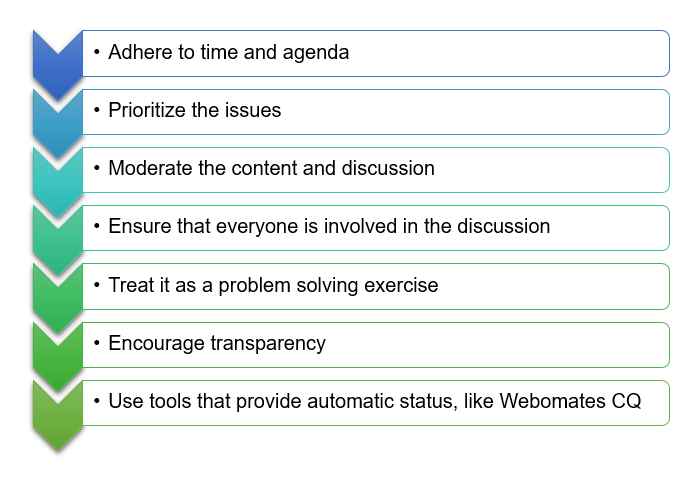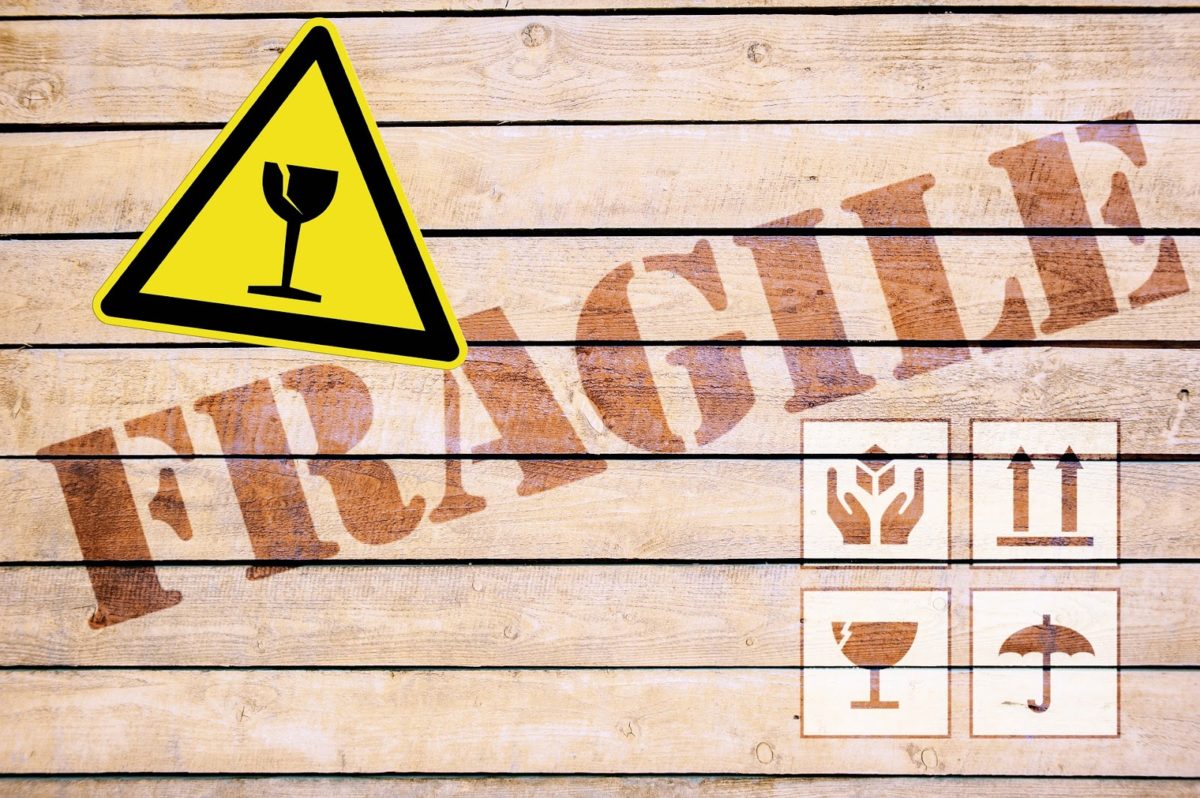Accelerate Success with AI-Powered Test Automation – Smarter, Faster, Flawless
Start free trialIn these Covid times, one of things that seems under real threat is the classic standup meeting, that is the basis of the agile scrum. Partially in jest, one of the main reasons that I see this failing is that people are NOT standing up during the scrum. It could be because we are all meeting virtually on a Zoom call, Microsoft Teams and Google Meet.
The original rationale for the name of the standup was that people had to actually stand during the meeting, so that there was an urgency to rapidly raise and figure out the problems that were impeding the development process.
Clearly, one thing the standup was not supposed to be was a status meeting, or worse, a status gathering meeting.
Have you been part of a standup in which :
- No one was standing
- Half the team was sleeping
- The other half were off camera
- A manager slowly walked through each individual on the team and updated their status
Do You See a Similar Pattern in Your Organization?
Agile is a proven methodology and framework that helps teams work together with continuous improvement as the central theme. However, lately, it seems that Agile is being used as a religion, rather than a methodology. And like most religions, people have started hoping for a better afterlife if they follow the teachings blindly without putting much thought into it.

Ineffective use of daily standup meets is one of the slow poisons which is killing Agile slowly.
The main objective of the daily scrum is to create a bridge between team members to reach their Sprint Goal. Scrum requires active participation from team members, a scrum master to moderate the time & content, and a product owner to help the team with resolving queries and misunderstanding of stories. The daily scrums are time-boxed and provide a platform for the team members to be informed about progress and obstacles. Unfortunately, daily scrum meetings are being treated as a status meeting.
Typically, during a Scrum meeting team members sequentially answer three questions:
- What was achieved yesterday?
- What do you intend to achieve tomorrow?
- Were there any issues?
Daily Scrum is essential for agile teams to coordinate the work and plan their day.
Status meeting requires an answer for just the first question. But if that’s happening in your team’s daily scrum meetings, then it is indeed a cause of alarm.
The purpose of the daily scrum is to improve collaboration and work collectively to let everyone know the answer to all the three questions. A successful sprint is a collective responsibility. It is important for other team members to know in case something or someone is slowing down everyone. It helps in maintaining the transparency and teams can come up with solutions.
Agile helps build projects around motivated individuals. Give them the environment and support they need, and trust them to get the job done.
The better the team members communicate with each other, the faster the whole team will reach its Sprint Goal.
Scrum meetings are meant for problem-solving. They increase transparency and help to spot impediments. Status and other numbers are just the by-products of correct process implementation.

How to Fix Your Agile Standup
Every organization needs to understand the importance of actionable updates and the time sensitivity of the sprint. Daily scrum is a structured time-boxed exercise, and it can be productive if following thumb rules are taken into consideration.

The Webomates Way
As a TaaS organization, Webomates provides regression testing to its customers within a defined SLA of 24 hours for FULL services, or 8 hours of Overnight services. Hence, agility becomes even more important to honors our commitments.

Standup meetings are a major driving force for improving productivity of a team. The key is effective collaboration.
Conclusion
It is evident that a good chunk of time is invested in status tracking and analysis.
Webomates CQ provides automatic status updates of the current state of your software release. This can cut down the time investment for tracking the status significantly, as you can directly see which features are working and which are failing in the execution reports, alongwith the defects, if any.
If you are interested in learning more about Webomates’ CQ service please click here and schedule a demo, or reach out to us at info@webomates.com
Tags: Agile, Agile methodology, SCRUM

1 reply on “Is Your Agile Framework FRAGILE?”
Aseem, thank you for your explanation of the practical risk by using Daily scrum incorrectly. I liked the thumb rules for a structured Daily scrum. A question posed in the scrum should be What do you intend to achieve today? depending on the time zone of the team member 🙂
https://inderpsingh.blogspot.com/